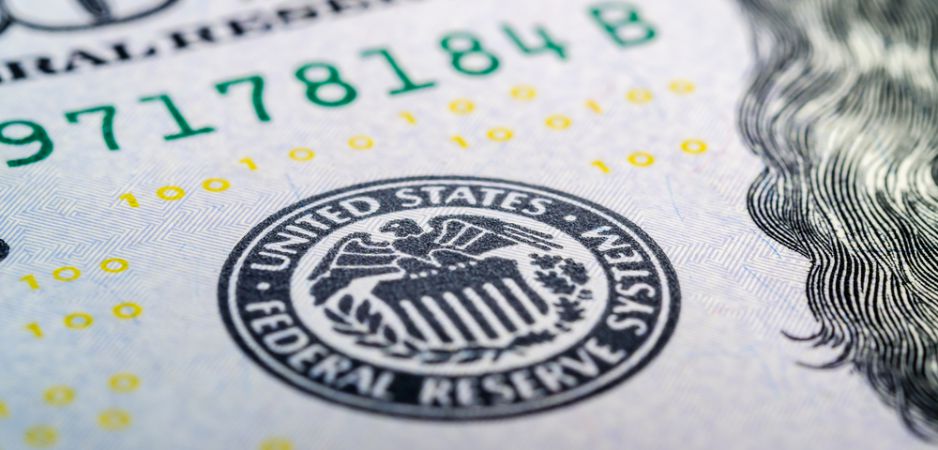With all the talk of an imminent interest rate hike, there are likely to be winners and losers.
With the economy steadily improving and unemployment rates continuing to drop, the US Federal Reserve (Fed) is expected to raise interest rates for the first time since 2006.
Fed Chair Janet Yellen has made just shy of a promise to raise interest rates later this year. While the majority of economists and market analysts originally thought September would be the first rate hike in nine years, recent events in the global economy have forced the Federal Reserve to push back its “lift off” date.
But regardless of when it will be, any increase in interest rates will be modest and gradual in order to avoid triggering shocks to the market.
So how will this affect you and the overall economy?
United States
An interest rate hike means the money supply will inevitably shrink and lead to an appreciation in the value of the US dollar. For the everyday consumer, the increase in purchasing power could drive up household discretionary spending.
The appreciation of the US dollar could end up being a double-edged sword for American companies. For small to mid-sized companies that sell products primarily to domestic consumers, the increased consumption can turn out to be a good thing.
But for most blue chip corporations doing business both domestic and abroad, the negative will likely outweigh the positive. If you’re in the business of selling overseas, an appreciation of the dollar is bad news because a higher exchange value will make your products dearer to other countries. In the end, this will squeeze profit margins and negatively affect cash flow.
In addition, if you’re a company that likes to borrow money in order to expand business operations or invest in research and development, the interest rate hike will make borrowing more expensive. As a result, a shortfall in a firm’s capital expenditure could have an adverse effect on overall company performance.
The Fed has also hinted at a slow and gradual hike of interest rates. This is good for prospective homebuyers because it means mortgage rates will likely not rise rapidly in the short-run. Still, over the long-term, a continuous rise in interest rates will lead to a corresponding increase in mortgage rates. This will be especially true for variable interest rates; the same reasoning applies to credit cards.
Considering the Federal Government’s budget deficit and debt, the government will end up having to pay more in interest for all that borrowing if the rates continue to go up. In fact, according to a study by the Congressional Budget Office, the US government could pay as much as $2.9 trillion in interest over the next ten years.
Global Economy
The appreciation of the US dollar may lead to an increase in consumer spending and, therefore, overall US demand for goods. The world economy will ultimately benefit from this, along with the international corporations that sell to the US. With Europe dealing with an ailing Greece, and East Asia grappling with a slowdown in both consumption and growth, the world economy could use this boost.
Countries such as Brazil, Turkey, South Africa and Argentina have benefited tremendously from the Federal Reserve’s “quantitative easing.” The abundance of liquidity has allowed for some of that capital to spill over into the emerging markets.
However, ever since the Federal Reserve announced tapering in December 2013, we’ve seen a capital outflow in these markets. In other words, there was less “free money.” As the level of capital abundance slowed, so did the growth rate of those emerging economies. A hike in interest rates will likely continue this trend for emerging economies. If you’re an investor in emerging markets, you’ve been warned.
All in all, raising interest rates will have a wide and varying impact on the economy. You will probably have noticed by now that all these factors and effects are interrelated. But the very gesture of raising interest rates is the Fed’s way of promoting confidence that the US economy has recovered enough for the government to take a step back from propping it up–and that is a good thing.
The views expressed in this article are the author’s own and do not necessarily reflect Fair Observer’s editorial policy.
Photo Credit: Andrii Malkov / Shutterstock.com

We bring you perspectives from around the world. Help us to inform and educate. Your donation is tax-deductible. Join over 400 people to become a donor or you could choose to be a sponsor.
Support Fair Observer
We rely on your support for our independence, diversity and quality.
For more than 10 years, Fair Observer has been free, fair and independent. No billionaire owns us, no advertisers control us. We are a reader-supported nonprofit. Unlike many other publications, we keep our content free for readers regardless of where they live or whether they can afford to pay. We have no paywalls and no ads.
In the post-truth era of fake news, echo chambers and filter bubbles, we publish a plurality of perspectives from around the world. Anyone can publish with us, but everyone goes through a rigorous editorial process. So, you get fact-checked, well-reasoned content instead of noise.
We publish 2,500+ voices from 90+ countries. We also conduct education and training programs
on subjects ranging from digital media and journalism to writing and critical thinking. This
doesn’t come cheap. Servers, editors, trainers and web developers cost
money.
Please consider supporting us on a regular basis as a recurring donor or a
sustaining member.
Will you support FO’s journalism?
We rely on your support for our independence, diversity and quality.







Comment